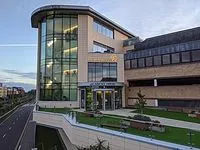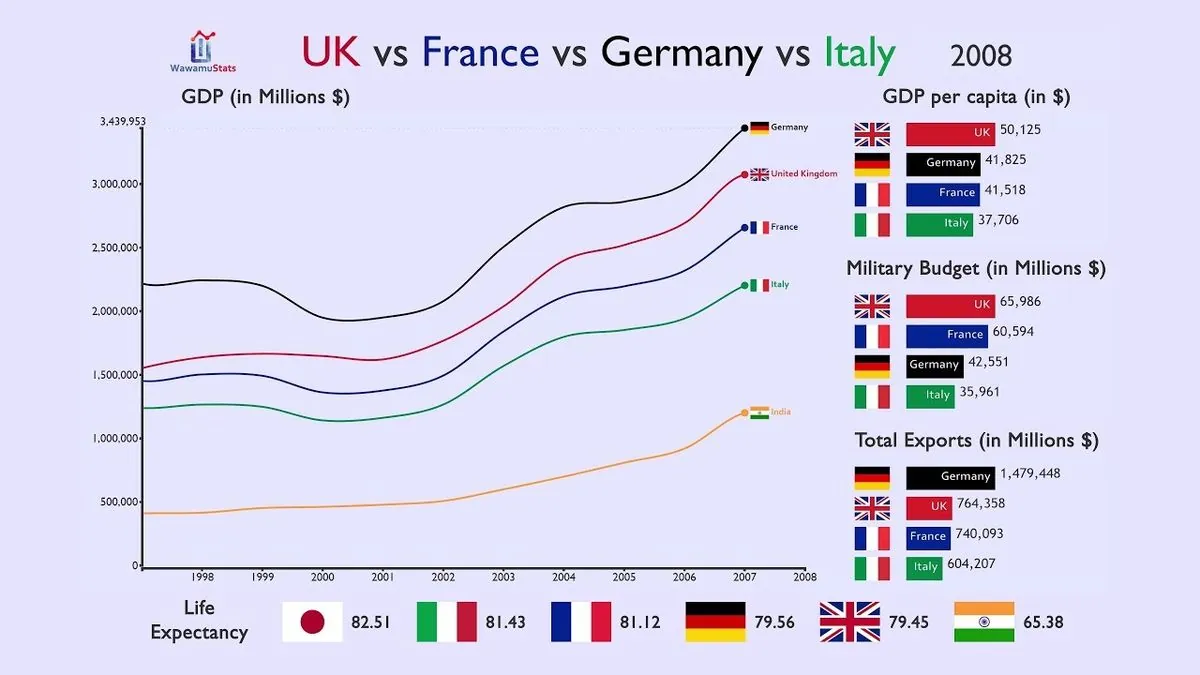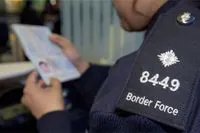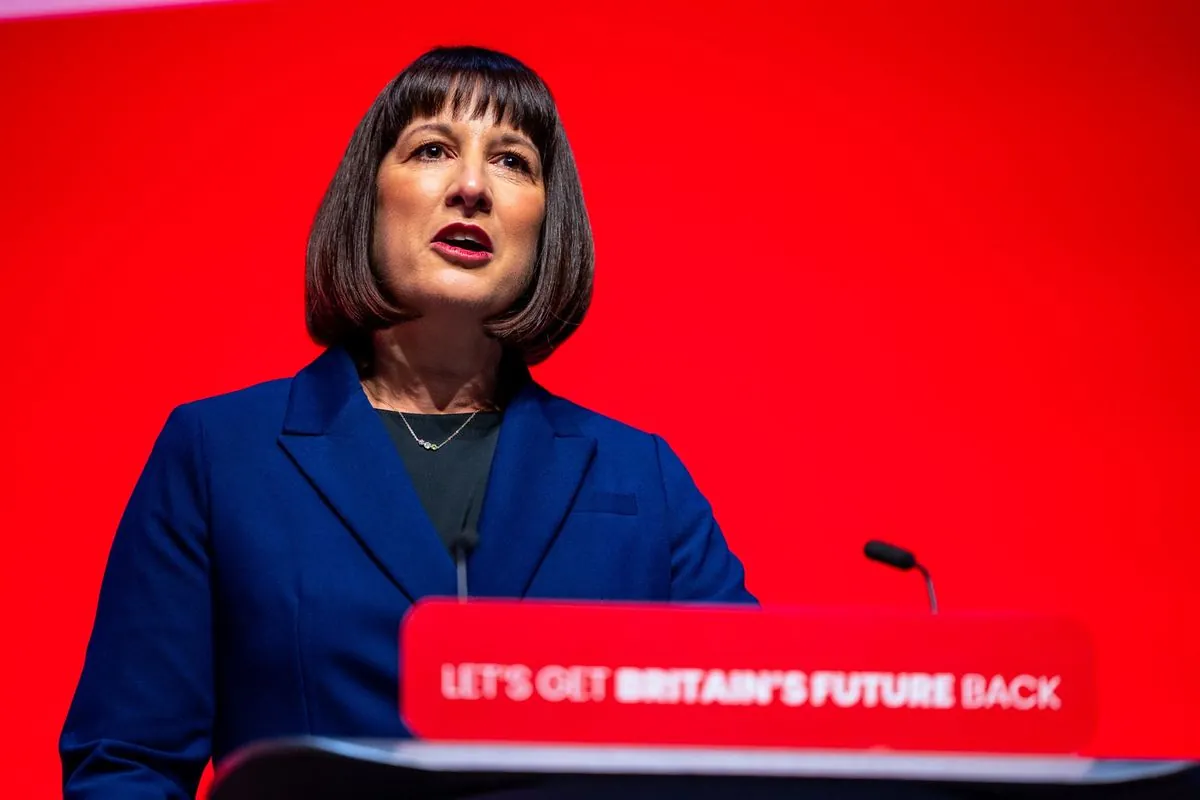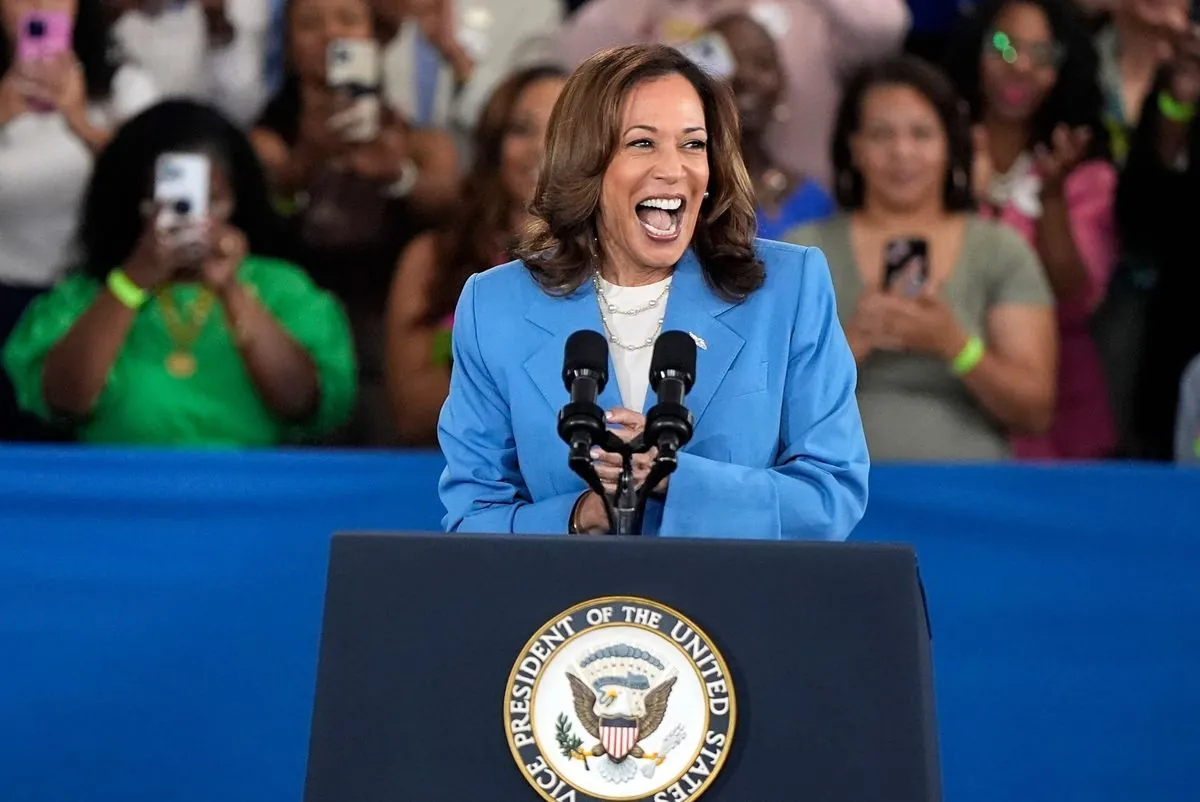Hezbollah Rockets Strike Haifa Suburb, Israel Retaliates with Airstrikes
Hezbollah rockets hit civilian areas in Haifa, prompting Israeli airstrikes on southern Lebanon. The escalation disrupts daily life in northern Israel, with Netanyahu warning of further action.
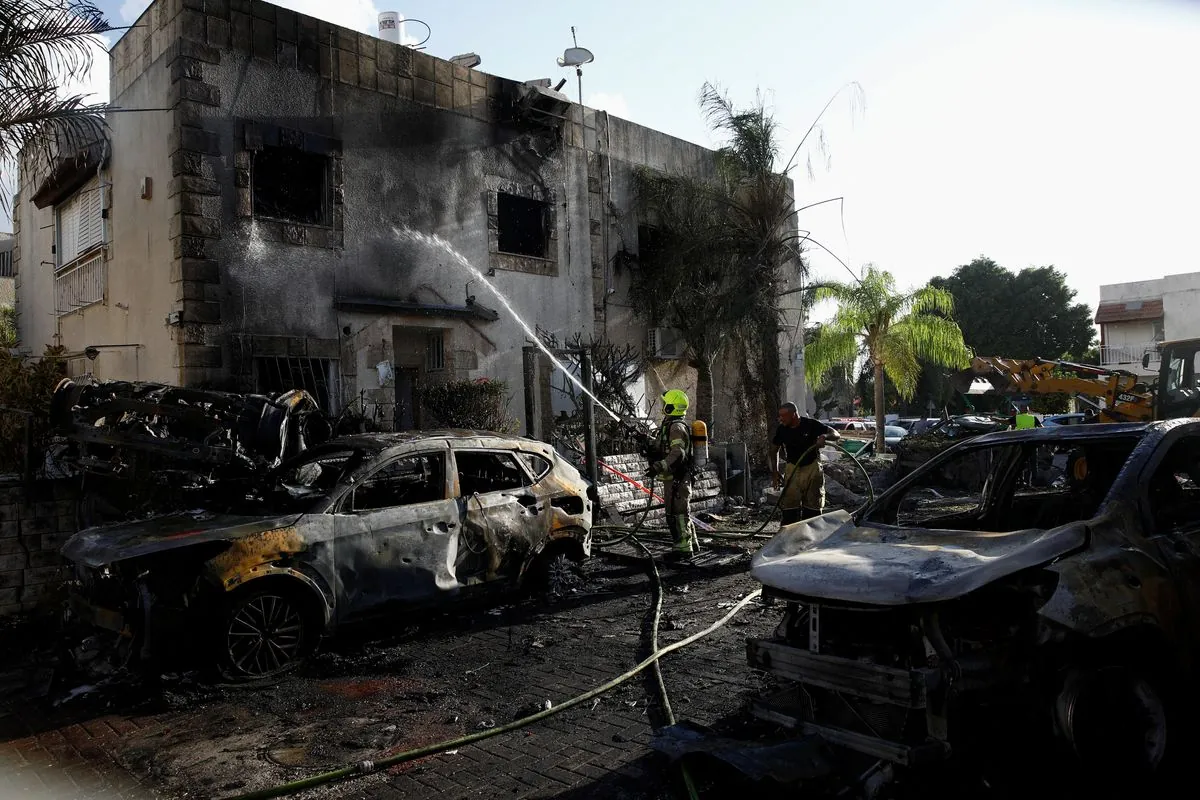
In a significant escalation of cross-border tensions, Hezbollah rockets struck a suburb of Haifa, Israel's third-largest city and major seaport, on September 22, 2024. The attack targeted civilian areas, causing damage to homes and vehicles in the Kiryat Bialik neighborhood.
The Israel Defense Forces (IDF) reported that rockets were fired "toward civilian areas," marking a departure from previous barrages primarily aimed at military targets. This shift in strategy has raised concerns about the potential for further civilian casualties and property damage.
In response to the attack, Israel launched extensive airstrikes on Hezbollah positions in southern Lebanon. The IDF stated that it conducted two waves of attacks, targeting approximately 400 sites across the region. This operation represents one of the most intense bombing raids since the conflict's recent escalation.

The targeting of civilian areas in Haifa, a city typically considered a "red line" in the conflict, has prompted Israeli authorities to implement emergency measures. Schools in northern Israel have been closed, public gatherings restricted, and hospitals instructed to shift to war footing. These precautions highlight the serious nature of the threat and the potential for further escalation.
Benjamin Netanyahu, Israel's Prime Minister, issued a stern warning to Hezbollah following the attacks. He stated, "If Hezbollah did not understand the message, I promise you - it will understand the message. We will not suffer this...no state will suffer this and we will do whatever necessary to return security." Netanyahu's words underscore the Israeli government's determination to protect its citizens and maintain control over the situation.
The recent escalation follows a series of attacks in the region. On September 20, an Israeli airstrike in Beirut resulted in at least 45 casualties, including a high-ranking Hezbollah leader. This was preceded by a sophisticated attack on Hezbollah's communication systems, involving exploding pagers and walkie-talkies, which caused significant disruption to the organization's operations.
The conflict between Israel and Hezbollah has been ongoing since the 1980s, with periods of intense fighting interspersed with uneasy ceasefires. The current situation has reignited concerns about the potential for a wider regional conflict, given Hezbollah's strong ties to Iran and the complex geopolitical landscape of the Middle East.
As tensions continue to rise, the international community watches closely, with hopes for de-escalation and a return to stability in the region. The United Nations Interim Force in Lebanon (UNIFIL), which has been deployed along the Israel-Lebanon border since 1978, faces increased challenges in maintaining peace and preventing further hostilities.
"Hezbollah rockets hitting civilian areas could change the dynamic of the conflict once more. Usually, Haifa is a 'red line'."
The situation remains fluid, with both sides demonstrating a willingness to escalate their responses. As civilians on both sides of the border brace for potential further attacks, the international community's role in mediating and de-escalating the conflict becomes increasingly crucial.
























